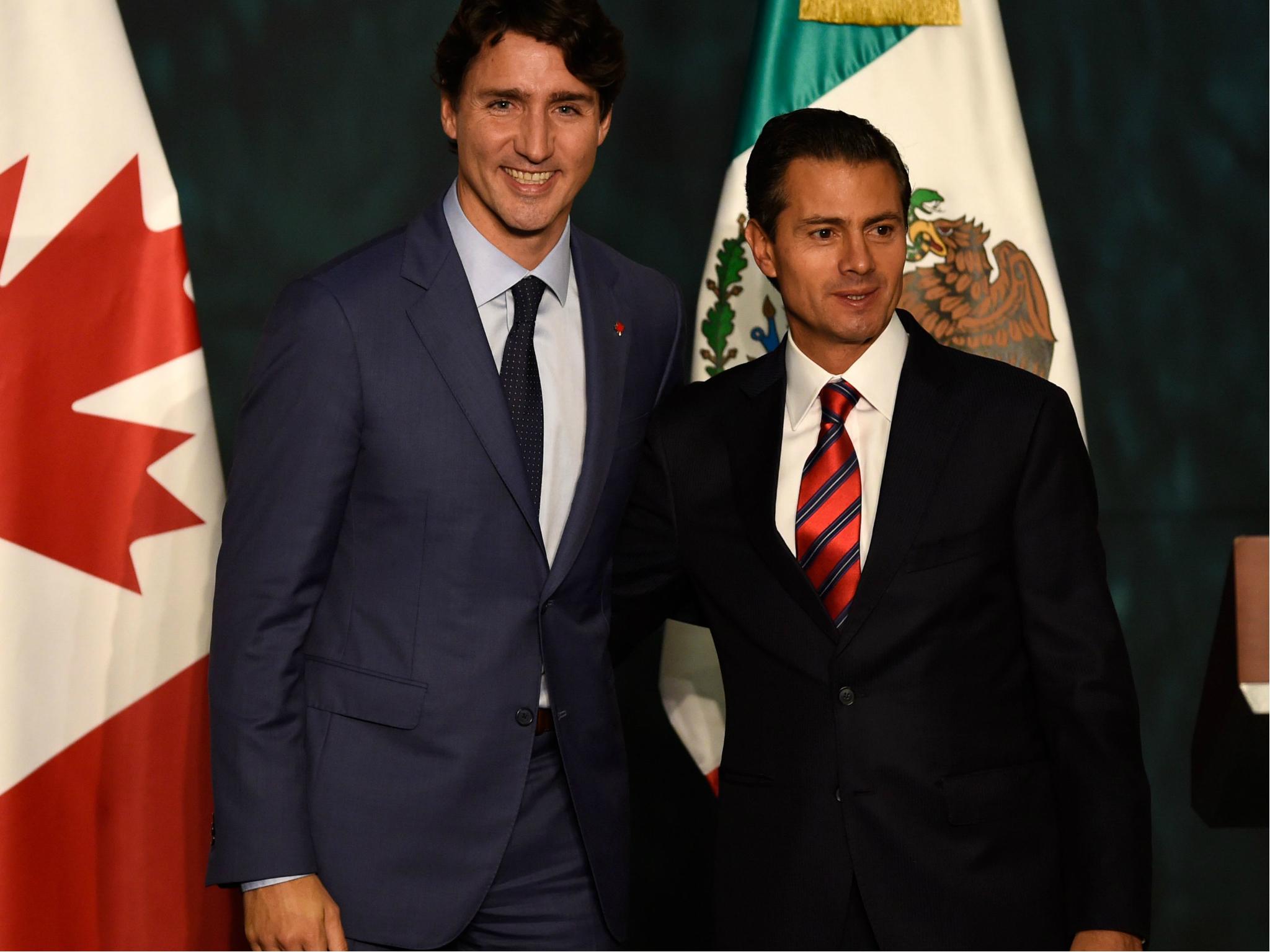Donald Trump's Nafta negotiators 'don't like what they're being told to demand'
The US president has called it the 'worst trade deal ever'

Donald Trump’s North American Free Trade Agreement (Nafta) negotiators reportedly seem uncomfortable with the position they have been put in during negotiations and “don't like" what they are being asked to do
According to the CBC News, a source told them the US delegation at the latest round of negotiations on reforming the deal have been “uncomfortable with the demands they are presenting, which appear to have been dictated to them by the Trump administration.”
It appears the hectic pace of the two-week rounds of negotiations, which aim to be wrapped up by the end of the year, are only exacerbating the “confusion” about what the US actually wants out of the deal.
Part of the problem may be because Mr Trump’s chief negotiator US Trade Representative Robert Lighthizer was not involved in Oval office meetings last week between Canadian Prime Minister Justin Trudeau and Mr Trump.
US Secretary of Commerce Wilbur Ross was there, however.
Mr Trudeau also travelled to Mexico to meet with Mexican President Enrique Peña Nieto and reaffirm a commitment by the two to stay in Nafta.
"As we move forward with renegotiations, we will continue to work toward our shared goal of a win-win-win agreement to ensure that the new provisions are fair and beneficial to all three countries involved," Mr Trudeau said.
The negotiations are taking place because Mr Trump came close to withdrawing from the trilateral deal in April, having repeatedly called it the “worst trade deal ever made”.
Withdrawing from the trade agreement between Canada, Mexico, and the US was one of Mr Trump's key promises on the campaign trail in 2016. He claimed it is a "job killer" and was antithetical to his "America First" approach to governing.
This is not Mr Trump's first foray into withdrawing the US from major trade agreements. Early in his term, he took the US out of the Trans Pacific Partnership (TPP), which was close to being fully approved among the 12 nations participating.
Withdrawing from Nafta exacerbates an already shaky relationship between the US and Mexico. Mr Trump has been consistently promising his base of support that he will build a nearly 2,000 mile border wall.
He said it was specifically to stop illegal immigration into the US. However, on the campaign trail and well into his first year in office, he has continually promised that Mexico would pay for such a wall with no explanation of how he would get them to finance the project, which many estimates put at close to $25 billion.
Join our commenting forum
Join thought-provoking conversations, follow other Independent readers and see their replies
0Comments